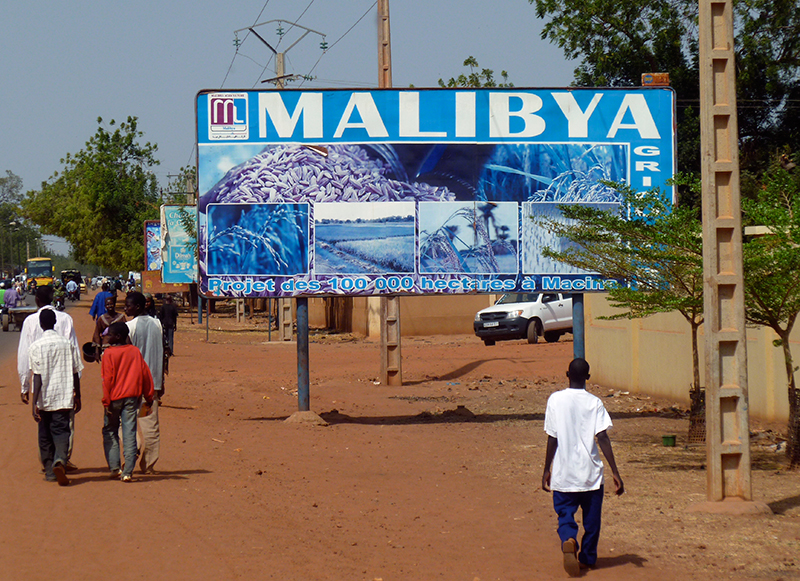Afropolitan Patriotism
|
Chapter 6: Afropolitan Patriotism considers what it means to make “Malian” music in times of national celebration and crisis. Charting a history of the recent past, the chapter begins with Mali’s celebration of fifty years of independence from colonial rule in 2010 and ends with the State of Emergency in 2013, a time of intense internecine conflict in the country. Through a variety of musical artifacts, artist testimonies, media reports, and scholarly commentary, the chapter explores the ambivalence of national affiliation in Mali today, a fraught and contested category that nonetheless continues to shape postcolonial futures in Africa.
|
KEY TERMS
WHO'S WHO
QUESTIONS FOR DISCUSSION
FURTHER READING & DISCUSSION
|
